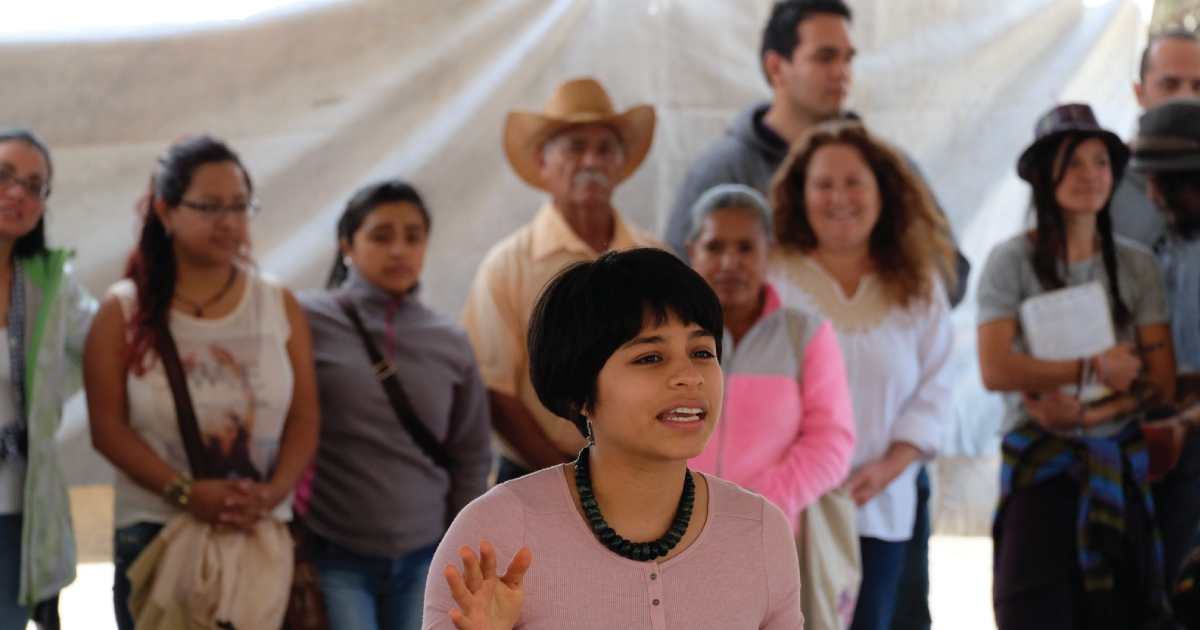
How Regenerative Organic Agriculture Is Transforming Real Communities
“The land that my father has given me, I hope to be able to pass on to my children in good condition, so that they can pass it on to future generations and that for them it will be even better than when I received it,” says Pawan Kumar in Dr. Bronner’s new mini-documentary Journey to Pavitramenthe.
July 23, 2019 | Source: Rodale Institute | by Daniela Schulman
“The land that my father has given me, I hope to be able to pass on to my children in good condition, so that they can pass it on to future generations and that for them it will be even better than when I received it,” says Pawan Kumar in Dr. Bronner’s new mini-documentary Journey to Pavitramenthe.
To continuously improve the condition of his land, Pawan—who grows mint on a small farm in Bareilly, Uttar Pradesh in Northern India—uses a variety of regenerative organic agricultural practices. The term “regenerative organic” was coined by J.I. Rodale, a pioneer of organic agriculture in the U.S. It refers to a holistic approach to agriculture that works in harmony with nature to enrich the soil.
“People need to understand that soil is a living membrane,” says David Bronner, Dr. Bronner’s Cosmic Engagement Officer (CEO). “It’s a living ecosystem, it’s incredibly complex and vibrant, and industrial agricultural methods destroy that ecosystem.” Destructive industrial farming relies on fossil-fuel-intensive chemical fertilizers and pesticides, pollutes waterways, and increases soil erosion.
